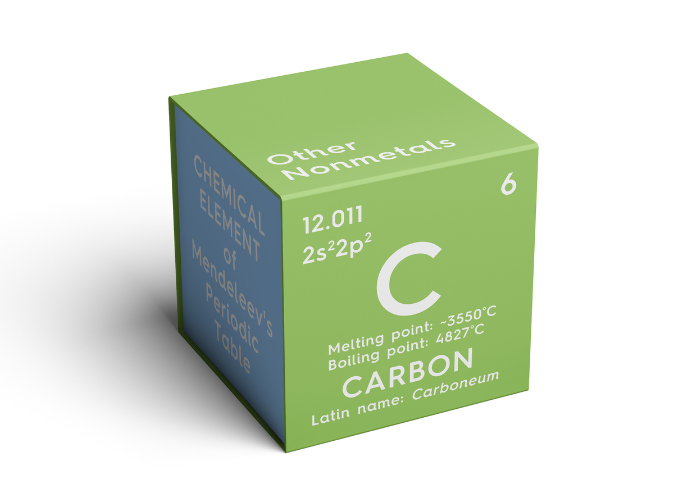If you operate in or around agribusiness in Australia, you are probably hearing the term ‘carbon farming’ every second day. Even if you’re not in ag, you are probably familiar with the concept of carbon credits, which allow polluting businesses to buy credits to offset their carbon footprint.
In essence, carbon farming projects involve things like planting trees to sequester and store carbon. Those projects earn Australian Carbon Credit Units – usually referred to as ACCUs – which can then be traded. That’s a highly simplified overview, of course, and I am no kind of expert on this, just someone who is connected to and passionately invested in ag… and a bit worried about who the carbon farming sector is really serving.
It’s a big and complex space and at HC we are very much still learning, but there are some things we’re starting to see that have us asking a few questions.
Isn’t carbon farming a good thing?
We’re not the ones to really answer that but I would say, on balance, yes, it probably is.
On the surface, it seems like a neat solution to a challenging problem. Farmers set aside less-productive areas of their properties for carbon farming projects, the projects generate ACCUs, and the farmers sell the credits to sectors that need to reduce their carbon footprint.
But it’s not as simple as that. Firstly, the carbon farming industry hasn’t always had a stellar reputation. Aussie farmers are committed custodians of the land and very tuned into the need for environmental sustainability, but this whole area is still pretty new. There are plenty of legal and financial advisers helping farmers navigate the paperwork and iron out their contracts, but there doesn’t seem to be a lot of conversation at the whole-of-industry level about what it means to be signing over ACCUs to support other sectors.
While ag is busily securing the futures of other industries, it feels like there’s not a lot of talk about the carbon future of ag itself.
Where’s the honest broker?
We’ve been to many industry events on carbon farming, and all the conversation is around how businesses might make money or face risk from carbon. Perfectly reasonable and those conversations need to happen, but there are other ones that need to happen, too.
There’s a spotlight on coal, gas and other big polluters right now, so it makes sense that they’re interested in ACCUs. But agriculture itself produces about 13% of Australia’s greenhouse gas emissions, so that spotlight is about to swing around to agri.
And when it does, where will all of ag’s ACCUs be?
You might say agri needs to put its own mask on first and secure its own sustainability credentials before it locks away the opportunity for decades by contracting away its ACCUs.
I’m not saying this conversation about the big picture for ag is not happening at all. There absolutely is talk about, for instance, insetting within the supply chain versus creating ACCUs for others to use as offsets. (Insetting is a carbon project that happens within a company’s supply chain or in local communities where they operate.)
It just feels like there’s a space for someone to step in and really drive that part of the conversation and ask the uncomfortable questions. We need a strong industry champion who can help guide this sector towards long-term outcomes that secure the future of Australian ag.
What now?
There are better minds than ours pondering how to tackle this and we’ve had some very encouraging conversations about who in industry is best placed to pick up this challenge and how. If you’re anywhere in the agri supply chain, we say: lean into the carbon conversation. Ask questions. Think big. Seek leadership from within industry. The time to have these big conversations is now.
Kendi Burness-Cowan

